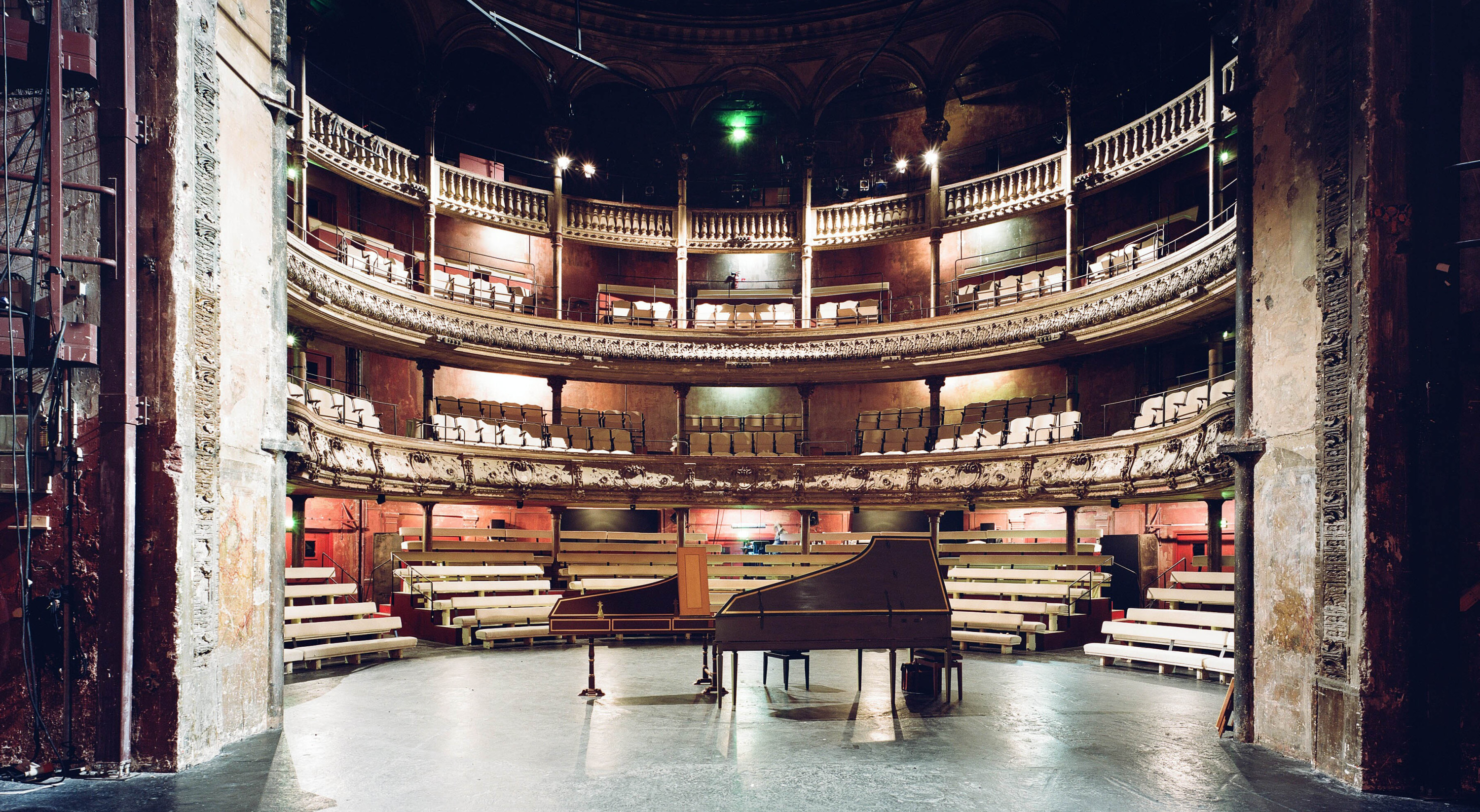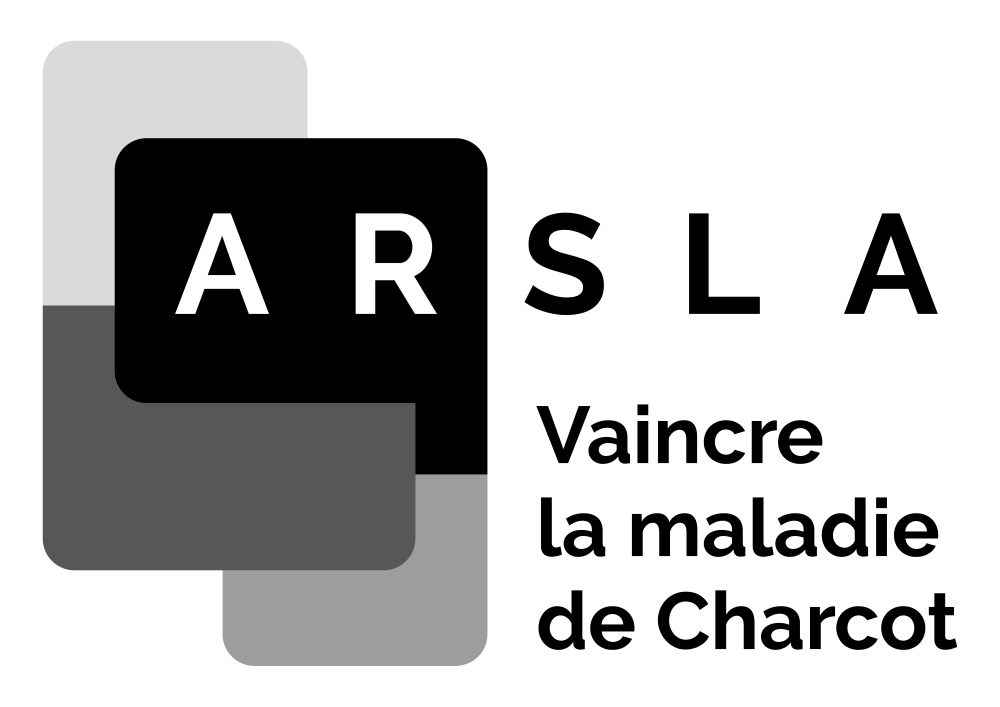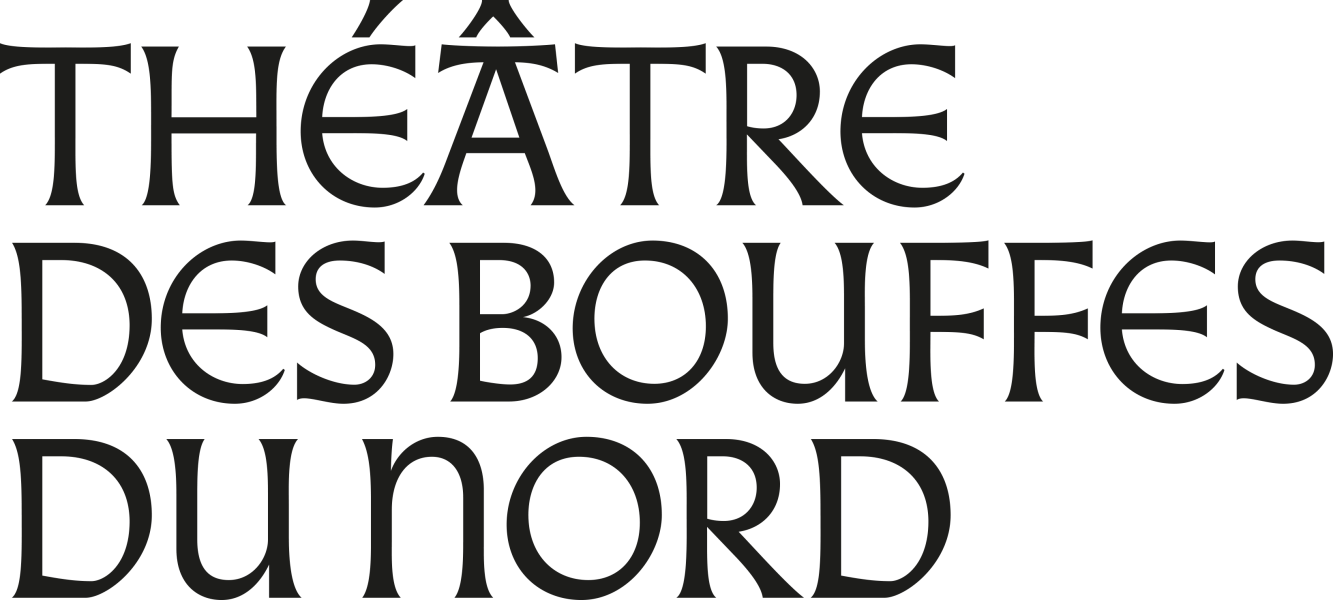Joséphine Markovits, l’art d’écouter
novembernov 11
Olga Neuwirth
coronAtion II: Naufraghi del mondo che hanno ancora un cuore – cinque isole della fatica
for flute, clarinet, piano, violin and viola
Pierre-Yves Macé
Variations Belvédère n°1
for voice, flute, clarinet, piano, harp, percussion, violin, viola and cello
Frederic Mompou / Pierre-Yves Macé
Cançons i danses n° 6
transcription for flute, clarinet, piano, harp, percussion, violin, viola, cello
Gérard Pesson
Elégie en la Majeur
– from Élégie en la bémol majeur, WWV 93 by Richard Wagner
for clarinet and trio
Un tribut à Johann Jakob Froberger
for piano with clarinet and cello in the distance
Claude Vivier
Cinq chansons
for percussion
Arnold Schoenberg
Verklärte Nacht
Arrangement by Eric-Maria Couturier
In partnership with
L’ARSLA, Association pour la Recherche sur la Sclérose Latérale Amyotrophique et autres maladies du motoneurone, est une association d’utilité publique créée en 1985. L’association se mobilise aux côtés des personnes malades, des proches aidants, des professionnels de santé, des chercheurs et des bénévoles pour vaincre la maladie de Charcot, maladie neurologique invalidante et incurable.
Chaque année, l'ARSLA accompagne des milliers de personnes malades et leurs proches et tente de répondre au mieux à leurs besoins.
L'ARSLA s'engage pour financer des programmes de recherche, aider les personnes malades pour une meilleure prise en charge et sensibiliser les professionnels, les pouvoirs publics et le grand public.
On 11 November at the Théâtre des Bouffes du Nord, the Festival d'Automne is dedicating a concert to Joséphine Markovits. In her memory, the Ensemble Intercontemporain and the Ensemble L'Instant Donné will perform works by Claude Vivier, Olga Neuwirth, Gérard Pesson, Pierre-Yves Macé and Arnold Schoenberg. All proceeds from the ticket sales are donated to the Association for ALS Research.
Joséphine Markovits shaped the way we listen to music. She left us in the spring of 2024. Since 1972, and right up to her last few weeks, the Festival d'Automne à Paris has been a grateful witness to her commitment, her intuitions, her enthusiasm, her power of conviction, her loyalty to values and people, her constant search, throughout the world, for something unheard of, striking, moving, that changes our preconceptions and whose horizon is sharing. With the certainty that, whatever happens, this sharing will happen.
Her reluctance to talk about ‘contemporary music’ sometimes surprised her interlocutors and collaborators. Music cannot be qualified. It is, of course, in a thousand different forms, which are not mutually exclusive and which call out to each and every one of us in their entirety. For Joséphine Markovits, art was therefore indistinguishable from life and attention to others. Thus, the encounter with a work of art was also measured by the encounter with its creator. For it was the work that was at stake, not the piece or the song. Not that the work was an absolute or a totem before which to bow, but the word expressed the aspiration that was to manifest itself in it, without the slightest half-heartedness, to another sensibility, to another thought.
Joséphine Markovits has contributed, at the highest level, to establishing the recognition of major figures from modernity to the present day, particularly, but not only, in their most radical projects. She has enabled us to listen to and re-evaluate the classics of the last century, as well as rare or marginal works. She has tirelessly given us the chance to discover new voices, to keep moving forward. Each concert maintained a relationship with history and established a dialogue across centuries and geography, renewing our experience of tradition. Evoking a master of the present day, she pointed out that we were his contemporaries, just as the Viennese of the time had been Beethoven's or Schubert's contemporaries.
The list of continents and countries she has travelled to listen to musicians from elsewhere is just as long, from Australia to China, Mongolia, South Africa, the Middle East, Mexico... Somewhere, a voice rises, an instrument vibrates, which stirs - and will stir here.
"Other spaces, other skies."
Program
Olga Neuwirth
coronAtion II: Naufraghi del mondo che hanno ancora un cuore – cinque isole della fatica
for flute, clarinet, piano, violin and viola
Pierre-Yves Macé
Variations Belvédère n°1
for voice, flute, clarinet, piano, harp, percussion, violin, viola and cello
Frederic Mompou / Pierre-Yves Macé
Cançons i danses n° 6
transcription for flute, clarinet, piano, harp, percussion, violin, viola, cello
Gérard Pesson
Elégie en la Majeur
– from Élégie en la bémol majeur, WWV 93 by Richard Wagner
for clarinet and trio
Un tribut à Johann Jakob Froberger
for piano with clarinet and cello in the distance
Claude Vivier
Cinq chansons
for percussion
Arnold Schoenberg
Verklärte Nacht
Arrangement by Eric-Maria Couturier
In the same place


